More ground-breaking journalism by Soma
Almost everyone on planet Earth seems to have heard about antioxidants by now. They seem to be everywhere - in the news, in studies, in magazines, in spinach. Antioxidants, like probiotics and vitamins, are one of those things everyone knows they’re meant to eat, but no one can tell you exactly why. Does anyone even know what an antioxidant is? What is it doing to your body? And why is it meant to be so good for you?
BORING SCIENCE
Oxidation is the chemical process of a molecule losing an electron (generally to oxygen). Oxidation is part of many natural body processes - our cells use oxidation to turn glucose into energy, immune cells kill bacteria and viruses using oxidation, many of the detoxification processes going on in our livers involve oxidation.
Oxidation is healthy, but too much oxidation (caused by drug or alcohol use, environmental toxins, unhealthy diets, infections, chronic stress, ageing, etc) causes oxidative stress, which means there are too many free radicals in our system. Free radicals (not to be confused with 90s pop-rock band The New Radicals) are molecules missing an electron - seeking balance, they race about stealing electrons from other molecules. Depending on where they steal from, free radicals can damage our DNA (linked to cancer), cause neurodegenerative diseases like Alzheimer’s, heart disease, or chronic inflammation. Excess free radicals also accelerate the ageing processes in our bodies.
Antioxidants are molecules that can donate electrons to free radicals without becoming themselves unbalanced. This keeps cells healthy and slows oxidative ageing. Some antioxidants are household names, such as Vitamin C. Others, like superoxide dismutase and glutathione peroxidase, are not. Our body uses countless antioxidants - some are produced by the body itself, others enter the body ready-made through our diet.
EXCITING CACAO TALK!
A food’s ORAC (Oxygen Radical Absorbance Capacity) score measures how effective it is at absorbing free radicals. Results are expressed in the unit micromoles of Trolox Equivalents per 100g (µmolTE/100g)(imagine whipping that out at a dinner party!)
Cacao paste scores about 98,000µmolTE/100g, which is more than twenty times higher than notoriously antioxidant-rich foods like blueberries (5000µmolTE/100g) and spinach (1500). Only weird stuff like açai powder, which cheats by not being a real food (100,000µmolTE/100g), and cloves, which no one has ever eaten 100g of (240,000 µmolTE/100g), have higher ORAC scores than cacao.
But the ORAC score is not a perfect measure. There are thousands of known antioxidants - each works in a different way in a different part of the body.
Cacao is choc-full of polyphenols (particularly flavanols), which fight the free radicals that tend to attack the Nitric Oxide in our blood. Flavanols boost Nitric Oxide levels, lowering blood pressure, increasing blood flow to the heart and brain, enhancing nutrient delivery to tissues, supporting brain health and memory, mediating inflammation, etc.
Cacao also contains theobromine, which mostly works as a stimulant but is also an antioxidant in its spare time, and is rich in magnesium, zinc, and iron, which the body requires to produce antioxidant enzymes such as superoxide dismutase.
On the other hand, cacao contains extremely little Vitamin C, an antioxidant vital for lung, immune and skin health, and little Vitamin E, a fat-soluble antioxidant that protects cell membranes, and supports eye and nervous health.
CONCLUSION + SOMATISING
The human body is an unimaginably complex and well-balanced system, which uses many things for many purposes simultaneously. Your daily cup of Soma Cacao contains antioxidant compounds that are doing miracles for your heart and brain, but it needs to be consumed as part of a varied and balanced diet (duh).
It seems to us that diet has become the new liturgy - a thousand years ago, we righted ourselves with the universe by performing all the correct prayers and sacraments daily; now, we we right ourselves with the universe by taking all our antioxidants, probiotics, zinc and magnesium supplements, and consuming all our macro- and micro-nutrients.
Eating well (and praying well) are important for good health, but it’s easy to forget that health is not a statistical quantity, but a quality of the soul. Health is the greatest privilege of a human life, but for many of us it’s also a tremendous challenge, because real health means living exactly the way we were born to live - it means listening first to our hearts and bodies, and ignoring the other noise. Many of us have compromised the balance of our life in order to feel secure or accepted; recovering that natural balance (which is physical and psychological health) might mean risking that security, and of course that is scary. All of us are, to some extent, afraid to stand up for ourselves, and live the life we know is meant for us. So we take our antioxidants, our iron and magnesium and Vitamin C, and pretend we’re treating ourselves well.
To the Devil with that! Cut the cord, break the cage, go out and live today the way you were meant to live. Health is, ultimately, not the number of days we have to live in, but the quality of living we fit into the days we are given.
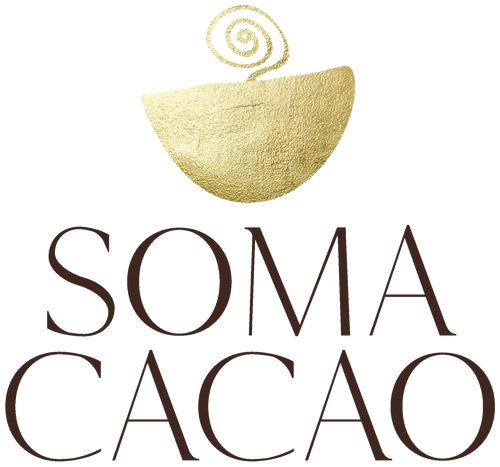





















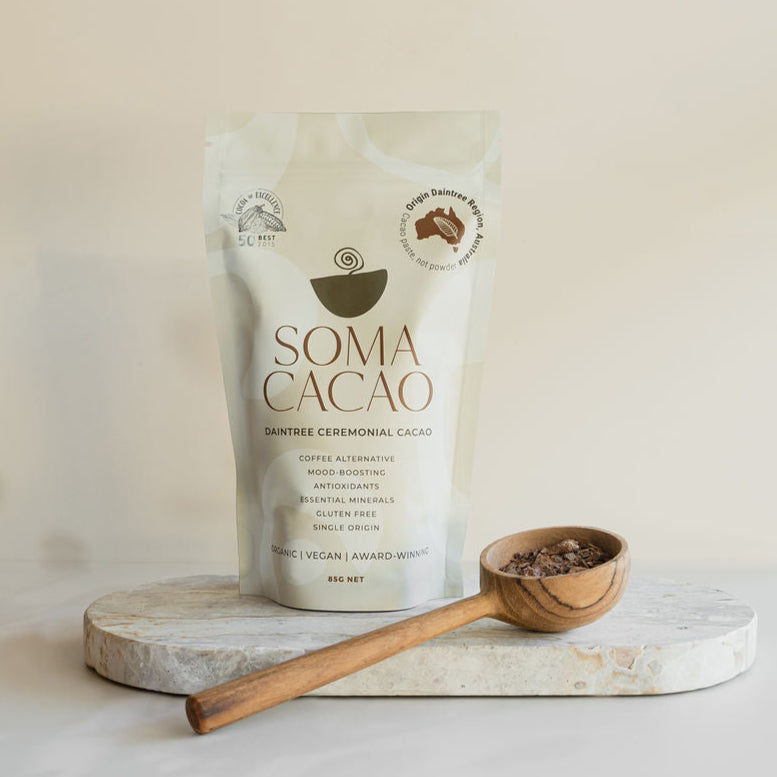

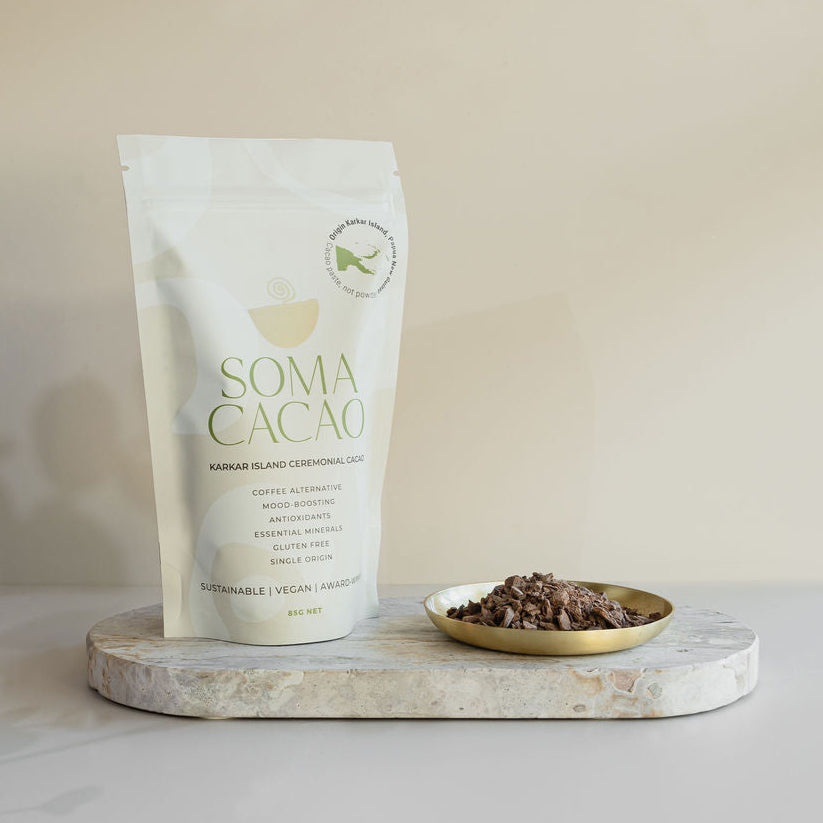
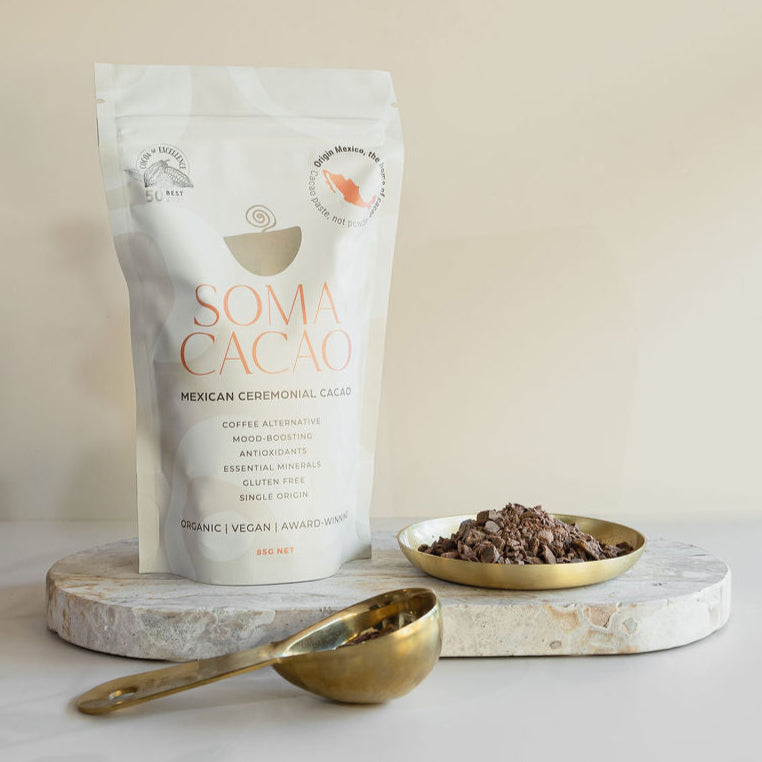
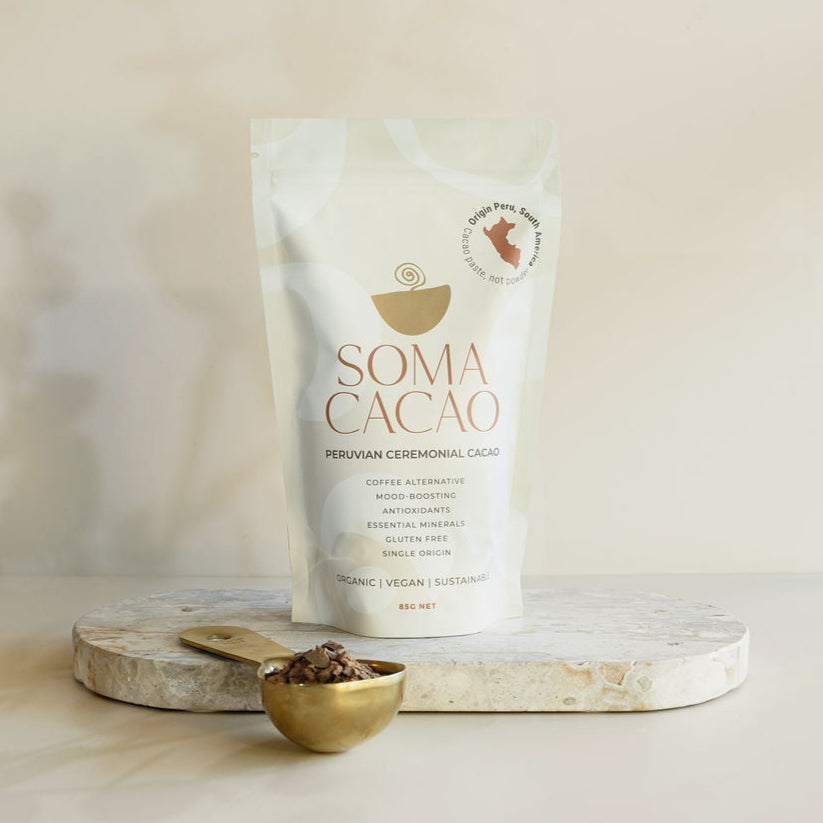
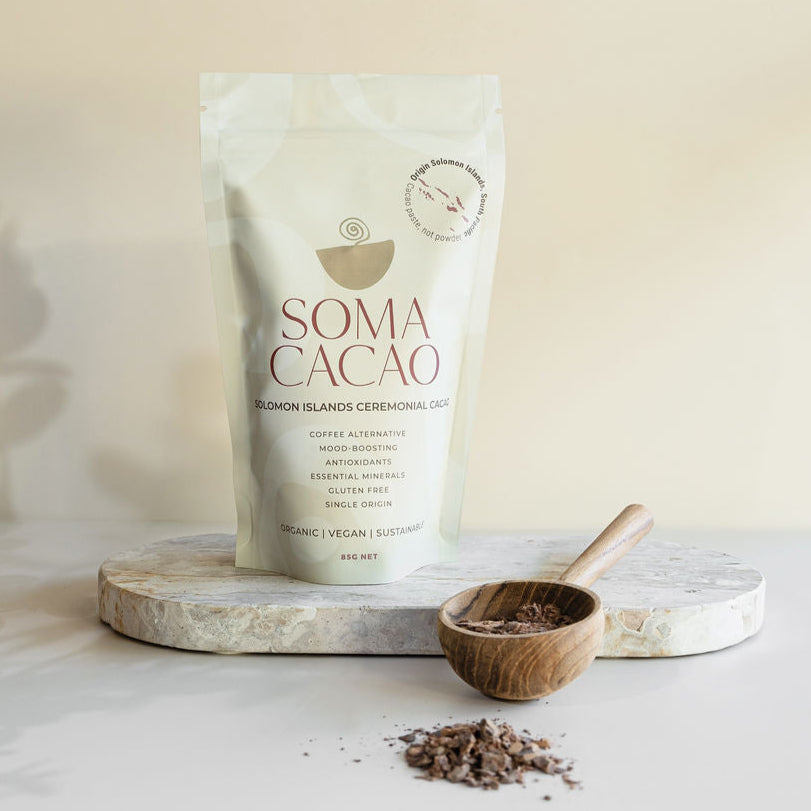

This is a very insightful message about true health. Thank you, I could not agree more.